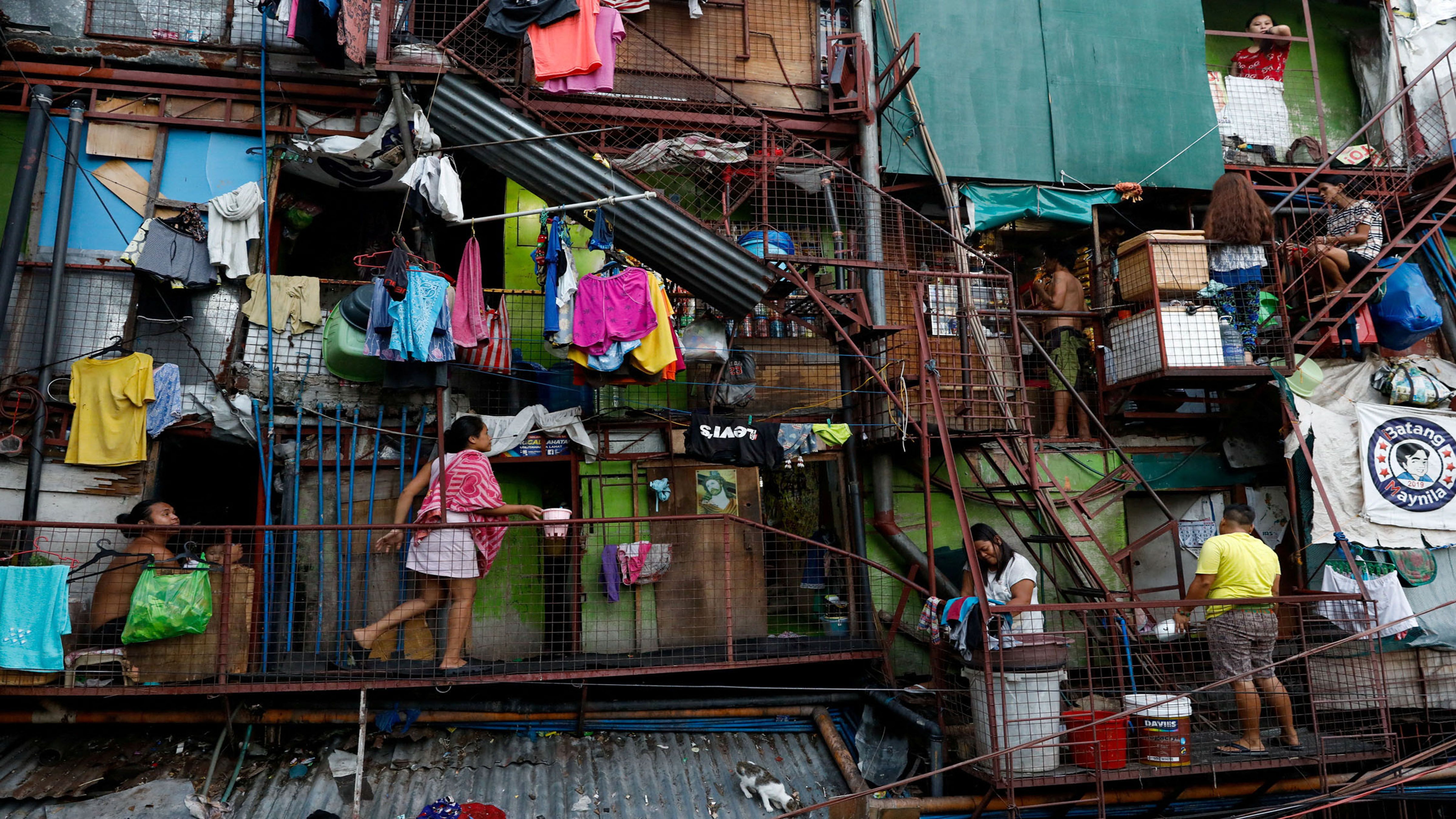For decades, the Philippines has grappled with poverty, with around 16.6% of the population living below the poverty line as of 2018 (PSA, 2019). But despite this grim reality, there is an indomitable spirit that prevails across the archipelago, a heart that is dedicated to breaking the cycle of poverty.
The root of poverty in the Philippines is multifaceted, with issues such as unemployment, a lack of quality education, health care accessibility, and natural disasters all contributing to the cycle. To address this, a comprehensive and multi-pronged approach is needed.
Employment is a key factor. Over 7% of Filipinos were unemployed as of 2020. The government and private sectors must collaborate to generate quality jobs, rather than solely focus on employment quantity. Industries such as technology, renewable energy, and agriculture hold vast potential for sustainable job creation, providing both economic growth and environmental sustainability.
Education is the bedrock of any society's advancement, but many Filipino children lack access to quality education. Policies should prioritize education funding, curriculum development, and teacher training, thereby ensuring every child has a fair shot at breaking out of poverty.
Health care also plays a significant role. The recent enactment of the Universal Health Care Act (Republic Act No. 11223) in 2019 is a major stride towards better health for all Filipinos (DOH, 2019). However, its effective implementation is crucial, especially in remote and impoverished areas.
The Philippines is no stranger to natural disasters, and they often exacerbate poverty. It is crucial to invest in disaster risk reduction and management programs to create resilient communities that can withstand natural calamities.
Lastly, social protection programs such as the Pantawid Pamilyang Pilipino Program (4Ps) have shown a significant impact on poverty reduction. They must continue to be optimized and expanded to reach more families in need.
Breaking the poverty cycle in the Philippines will not happen overnight. It requires a collective effort, robust policies, and the relentless pursuit of equitable growth. With strategic actions, a brighter and more prosperous future can be envisioned for the Filipino people.

